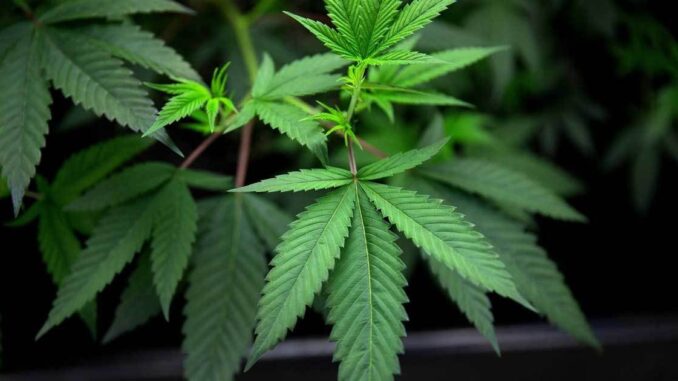
Within the same week, New York State lawmakers have reached an agreement to legalize the recreational use of marijuana, signed the official legislation legalizing it and launched the state Office of Cannabis Management.
New York is now the 15th state in the U.S. to legalize the adult use of recreational marijuana. The state has been trying to legalize recreational marijuana for years, with Gov. Andrew Cuomo including plans for legalization in his last three budget proposals and decriminalizing recreational adult use in 2019. But lawmakers couldn’t make an agreement on how to set up a recreational program until March 28.
Legislation S.854-A/A.1248-A, or the “marihuana regulation and taxation act,” sponsored by Sen. Liz Krueger (D-WF) passed the senate floor with 40 votes. Adults 21 years old and over will now be able to legally use and possess cannabis.
Gov. Cuomo signed the act on March 31. The legislation legalized the drug, established the Office of Cannabis Management, will provide licensing to cannabis distributors, producers and retailers, will create a social and economic equity program for people disproportionately impacted by marijuana enforcement who now want to participate in the industry and finally, will expunge New Yorkers’ previous marijuana-related offenses.
“This is a historic day in New York – one that rights the wrongs of the past by putting an end to harsh prison sentences, embraces an industry that will grow the Empire State’s economy, and prioritizes marginalized communities so those that have suffered the most will be the first to reap the benefits,” Gov. Cuomo said in the March 31 press release.
According to NYPD data, about 94% of all the marijuana-related arrests in 2020 impacted people of color.
“Marijuana prohibition is a failed policy that disproportionately affects communities of color and wastes valuable law enforcement resources,” Krueger said, according to her website.
By legalizing marijuana, the state projects to earn $350 million in tax revenue and create about 30,000 to 60,000 jobs.
Legalization brings new traffic concerns since it’s more difficult to tell if someone is driving under the influence of cannabis as opposed to alcohol.
The state Department of Health will work with “institutions of higher education” to conduct research on methods and technology designed to identify drivers under the influence of marijuana.
The new law still prohibits drivers from using the drug and the same penalties that were in place before legalization will remain the same.
Although the adult use of cannabis will be legal in the state, the new legislation will not be applicable to SUNY campuses.
On April 5, the office of President Donald P. Christian sent out an email to all students explaining that the new law will not change SUNY New Paltz’s and other SUNY campuses’ policies. SUNY campuses are still obligated to follow the requirements of the Drug Free Schools and Communities Act and the Drug Free Workplace Act.
The use, possession, cultivation and sale of cannabis products will still be prohibited in campus buildings, on public campus property and at campus events. Students and employees who violate the campus marijuana policy will be subject to legal and disciplinary action.
“It is illegal and puts all building occupants at risk to tamper with or damage any smoke or fire-related alarms or devices to be able to smoke any substance in any building on SUNY property,” the email read. “These regulations will remain strictly enforced on our campus due to the potential of serious risk to life and damage to property.”

